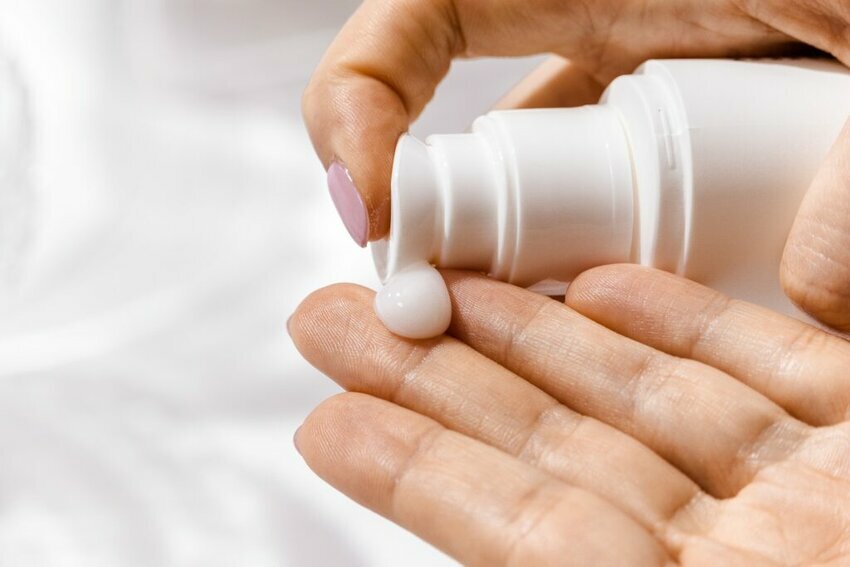 Credit: Pixabay
Credit: PixabayBurlington, Vermont-based Seventh Generation sells eco-friendly cleaning and personal care products, distributing its goods to natural food stores, supermarkets, and online retailers. Unilever acquired the company in 2016 — one that got started in 1988. The parent and the subsidiary are committed to sustainability and the conservation of natural resources. Seventh Generation uses recycled and post-consumer materials in its packaging.
“Waste is one of the biggest problems our planet and its people are facing, and we know what we produce as a company contributes to that,” the company writes in a blog. “While we’re proud of the big wins we’ve achieved in our packaging and formulation innovation to date, it’s time to raise the bar and spark a Zero-Waste Revolution that can truly nurture the health of the next seven generations. We know we’re not a zero-waste company yet, and there’s tough work ahead to get there. But we’ve never been afraid of a challenge, and we’ll do whatever it takes.”
Zero waste means products and packaging made from renewable or recyclable materials. It states:
For example, 100% recycled Toilet Paper, saves trees. Recycling plastic bottles prevents them from being tossed into landfills or oceans.
According to some studies, 91% of plastic isn’t recycled at all, which means that it ends up in landfills or, quite often, the ocean, where it’s starting to cause big problems and even affect human health. “While we’re excited that over 97% of our packaging is recyclable, the hard truth is that, if what is labeled as recyclable ends up in the landfill, it’s just…waste.”
Seventh Generation is leading the charge:
The difference between recycled and virgin plastics is apparent: the latter comes from non-renewable sources such as petroleum. In contrast, recycled plastics avoid petroleum and landfill. The company plans to have 100% of its products and packages biodegradable or recyclable.
It has been measuring its CO2 releases since 2012, with sales, innovation, and sourcing making its most notable contributions. Bottom line: between 2012 and 2021, its absolute emissions have grown by 27%. Still, its carbon intensity has fallen by 37%, meaning it emitted fewer greenhouse gases for each product it made and packaged. Through 2020, its emissions have grown as its business has grown, although, in 2021, they fell because of Covid. What now?
Innovation is the key to shipping products that weigh less and use more sustainable materials. The company targets surfactants, citrates, and energy use in the supply chain. For example, its compact laundry detergent uses 60% less plastic and is 75% lighter than previous products, yet it provides the same amount of detergent as its larger container. It is working to ensure its facilities run on renewable energy and helping its suppliers make the same changes. Its goal is to generate electricity using 100% green fuels.
“Our goals are ambitious because they target substantial reductions for our biggest hotspot — Scope 3 emissions, including consumer use, ingredients, and materials, which together account for 92% of our emissions,” the company says. It says its Scopes 1 and 2 emissions tied to its operations and the fuels it buys have been reduced because of the company’s switch to green power.
Unilever, which owns Seventh Generation, was one of 50 companies with $200 million in annual revenues to call for the passage of climate measures, specifically the ones obtained in the Inflation Reduction Act. The list also includes IKEA, Hewlett Packard, Levi Strauss & Co., Logitech, PSEG, and Salesforce. Unilever is also a driver behind the circular economy, stating, “Ultimately, we want all of the industry’s plastic packaging to be fully circular.”
Unilever released research that found a third of consumers (33 percent) are now choosing to buy from brands they believe are doing social or environmental good.